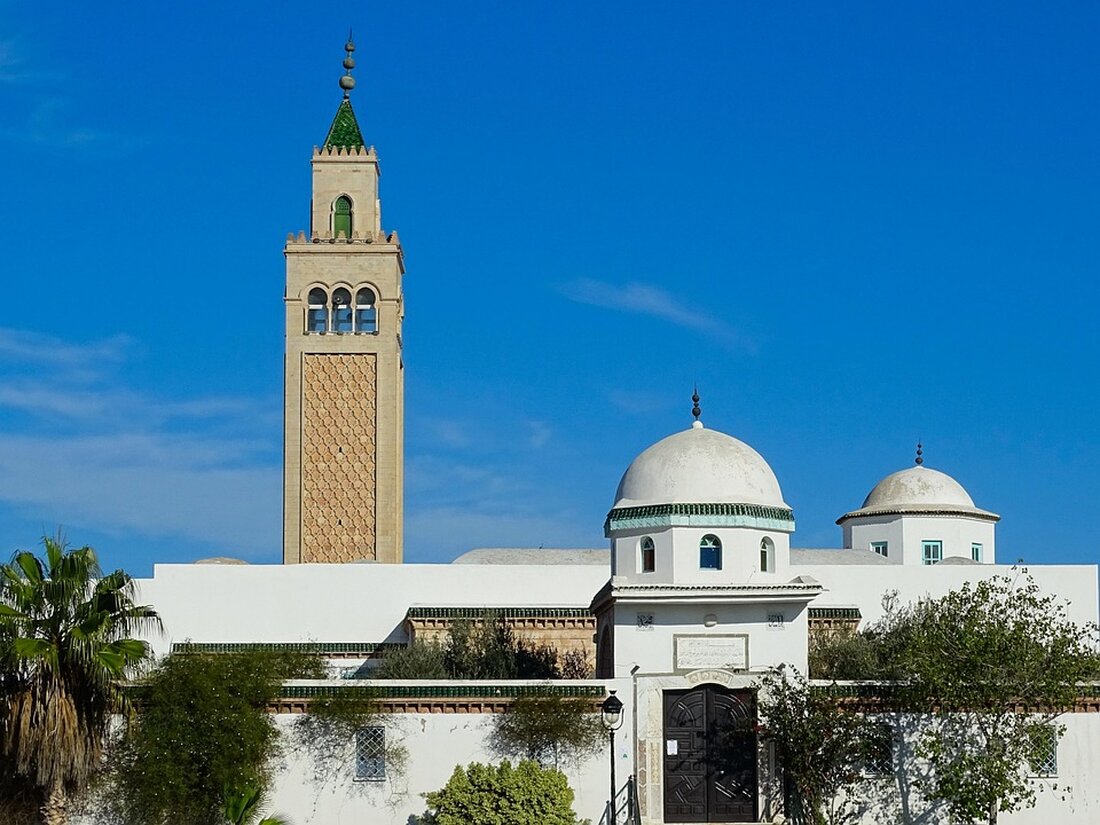Reker cancels trip to Tunis: concerns about women's rights!
Mayor Reker cancels her trip to Tunis to advocate for the rights of women and LGBTI people.

Reker cancels trip to Tunis: concerns about women's rights!
The mayor of Cologne, Henriette Reker, has canceled her planned trip to Tunis. This decision was made on May 16, 2025, shortly before departure. The trip was intended to strengthen the rights of women, lesbians, gays, bisexuals, transgender and intersex (LGBTI) people and migrants. The city of Cologne announced the cancellation based on new information that arrived shortly before departure.
The necessary preparations for the trip had already been made. However, the city of Cologne received a request from the embassy in Tunis to withdraw a press release about the trip. This came as a surprise and the reasons were not fully clear to the city. However, those responsible were not prepared to comply with this request and decided to cancel the trip.
Concern about the local program
In addition, after consultations with other authorities, there were concerns that the planned on-site program could not take place as planned. An important part of the travel program was a meeting with professors at a university in Tunis, which is no longer being held. Ultimately, the combination of the press request and the uncertainty on site led to Reker making the decision not to travel.
Germany’s commitment to the rights of LGBTIQ+ people is not new. Since 2016, Germany has been a member of the Equal Rights Coalition, which is made up of 42 states. This coalition is actively committed to strengthening the rights of lesbian, gay, bisexual, transgender and intersex people. In September 2022, Germany and Mexico took over the presidency.
International cooperation
At the G7 Presidency in 2022, Germany reaffirmed its commitment to gender equality and the rights of LGBTIQ+ people. The G7 resolutions particularly addressed the challenges experienced by trans and non-binary people and sought closer collaboration with LGBTIQ+ civil society. The G7 development ministers highlighted the heightened challenges of the past year, which have been exacerbated by the Covid-19 pandemic.
The central concerns include combating sexual and gender-based violence as well as discrimination against LGBTIQ+ people, which is characterized by poverty, social exclusion and persecution. In this context, the UN LGBTI Inclusion Index is seen as a crucial tool for evaluating progress in international development cooperation.
Reker's rejection is therefore a further step in a complex interplay between political commitment and the challenges arising from international relations.
For more information about the federal government's efforts on LGBTI rights, visit BMZ and for the current developments in Cologne Radio Cologne.

 Suche
Suche
 Mein Konto
Mein Konto